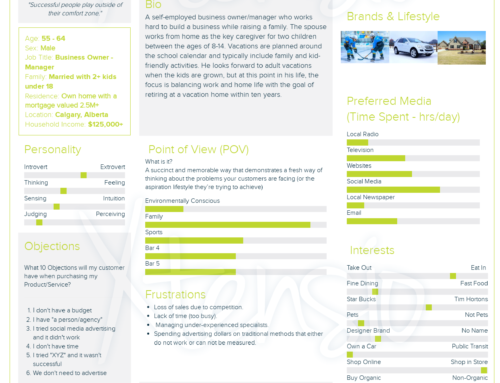Question: Where does a computer geek hide a dead body?
Answer: On the third page of Google.
As of 2015, more than 3 billion people worldwide are accessing the Internet every day. Considering the world’s population is estimated to be 7 billion, that’s a pretty incredible number. It has also been shown that 74% of all those Internet users are on social media sites such as Facebook, Twitter, LinkedIn, etc.
Bottom line, nothing, absolutely NOTHING, is sacred on the World Wide Web. You, your business, everything you post is out there fro the entire world to see, regardless of settings designed to keep your information private. If you want to control what is said about your or your business online, you have little choice but to own it and manage it.
Below are seven basic tips to get your started on owning your reputation and pushing those negative skeletons off the front page of Google.
- Buy various versions of your company domain name, and your personal domain name. You can create a simple landing page in a program such as Word Press for your personal profile and redirect the variations of your name to that page. If you operate a business that may be more likely to face controversy, or are a celebrity, I would recommend looking into purchasing a dot.sucks domain name for your business or profile, as well.
- Create a Facebook account. This may seem counterintuitive if you are trying to avoid being found online, but the fact is that you WILL be found, regardless. Your main goal is to keep control over your own personal reputation, therefore maintaining all aspects of your own page will eliminate any unwanted negative content that may get posted and rise to the front page of Google.
- Set personal Facebook posts, photos, etc., to be shared with friends only. Also, never add anyone that you do not know personally to your Facebook friends list or on any other social media site. Check your friend’s lists on a regular basis as “glitches” have been reported which have caused issues with the security of friend’s lists. This includes false friend accounts, or accounts of friends that have been duplicated without your friend knowing it has occurred. Should in doubt, delete and block anyone unknown to you. If it is a duplicate page, alert your friend and check if a second page is intentional or if it is a hack.
- Assume that NOTHING is private and from that standpoint, post and share accordingly. A good rule of thumb is to never say or share anything on social media that you would not say shout from a podium in front of 10,000 strangers, your family, friends, coworkers, and the FBI because odds are, they can and will be exposed to it eventually.
- Set rules at home and at work that clearly outline what is acceptable and unacceptable in regards to social media posting and sharing. Teenagers in particular are often lax in sharing family photos with friends on Snap Chat, under the mistaken belief that the photos will not be made public. Also NEVER post holiday plans or
- If you have a LinkedIn account, optimize it for maximum results and protection. If you don’t, create an account. The more credible and well indexed sources you can own online about you and or your business, the more likely that negative information will find its way among the other “dead bodies” on the third page of Google.
- I also recommend Googling your business and your name frequently to monitor what is being shared about you on the web. Create Google alerts to be delivered to your inbox under search phrases that are relevant to your business name and family name. The obvious and bare minimum is an alert under your business name, as Google will forward any and all relative articles to your email. You can set alerts up at the following link: https://www.google.ca/alerts
The reality is that in the new world of online sharing, you and your business’ reputation is vulnerable at all times as the sheer number of Internet users makes complete anonymity nearly impossible.
The best way to ensure your reputation’s integrity is to own it and manage it. It falls on you, or someone like us, to manage that reputation responsibly.










Leave A Comment